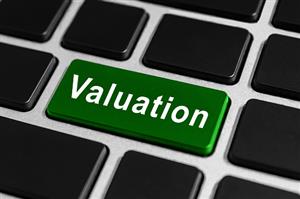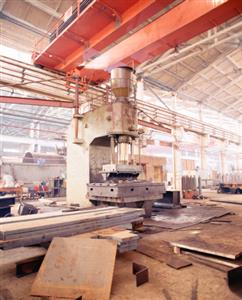
When it comes to business valuation, small businesses can sometimes be a special case. Because of how they're operated, marketed and maintained, there are a lot of differences compared to larger companies. But exactly how are they different and what difference does it make when it comes to performing a business valuation? Knowing how to value a small business can help you determine where to focus to improve your company's operations. Here's a quick look into the process and the differences that happen when small businesses are valued.
What's different when you need to know how to value a small business?
Because of the size of a small business, many owners don't see the true potential of their company's value. They often see their business as little more than the value of the collected parts. For a restaurant owner, that may be the value of the equipment and location. But where they often sell themselves short is in terms of community goodwill and overall reputation. Let's look at an example.
Two restaurants both set up shop. One is an average cafe with boring decor, inexpensive prices and standard fare. The other takes the time to develop a western theme, a menu that is unique and friendly staff that help build the overall experience for the customer. Even if they spend about the same amount of money getting set up, the second restaurant will almost always sell for more, because they've developed a following and a reputation for innovation in the market. Their food and the experience is unique, and it's one that brings loyal customers back to the table time and again.
When these restaurants are being valued, the simple cafe may focus on the value of the equipment, while the themed restaurant takes a broader approach to value. The income of each restaurant could be projected into the future to determine the business' overall value, but would probably also reflect a wide difference between the two, probably favoring the themed restaurant which may have a higher level of profitability.
Though some larger companies are based on the public sale of similar businesses, this market-based approach may or may not be appropriate to the small business. Neither restaurant will compete with national chains, but that's not why they've been started. The themed restaurant may be able to be compared to a certain extent to the sale of a single national chain franchise, but will also have differences in terms of separate advertising and marketing demands, differences in fare demanded by the national chain for the sake of uniformity across its menu or operational differences influenced by local suppliers, profitability and similar issues. For these reasons, it's very important to be open to a range of valuation options for a small business.
Small businesses present unique challenges to the business valuation process, partially due to their structure, community goodwill and unique approach to management. If you're considering having a small business valued, you'll want to make sure you work with a certified business appraiser who has experience working with small businesses. That helps ensure they'll know how to value a small business properly. Certification ensures the methodology used in estimating the business' value will stand up to scrutiny in legal, tax agency, financial and insurance circles.








